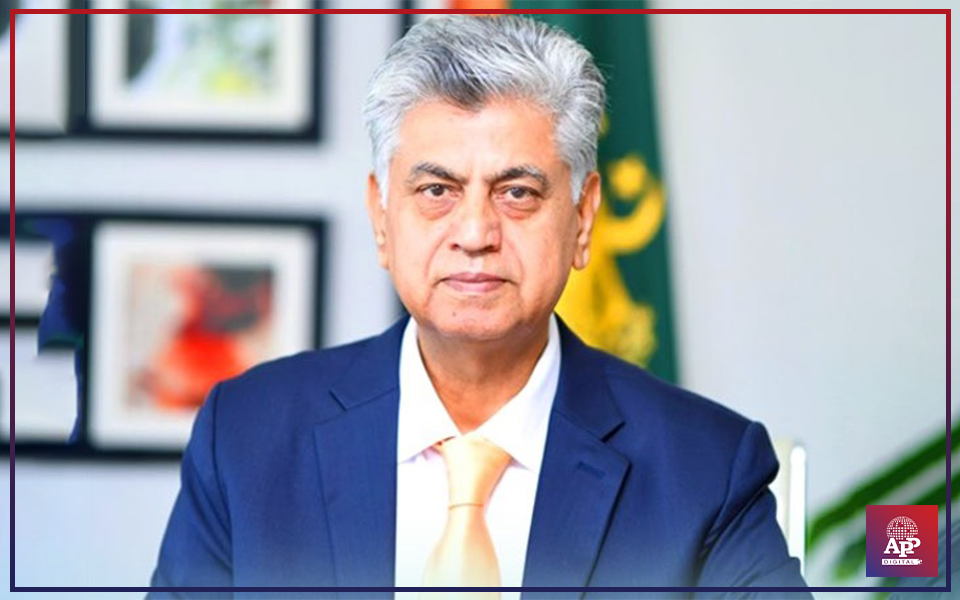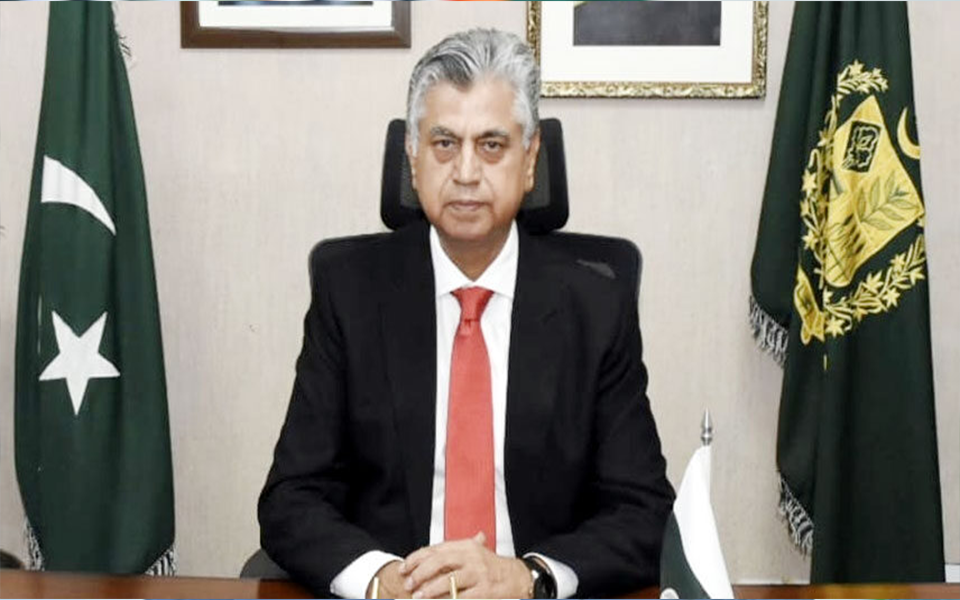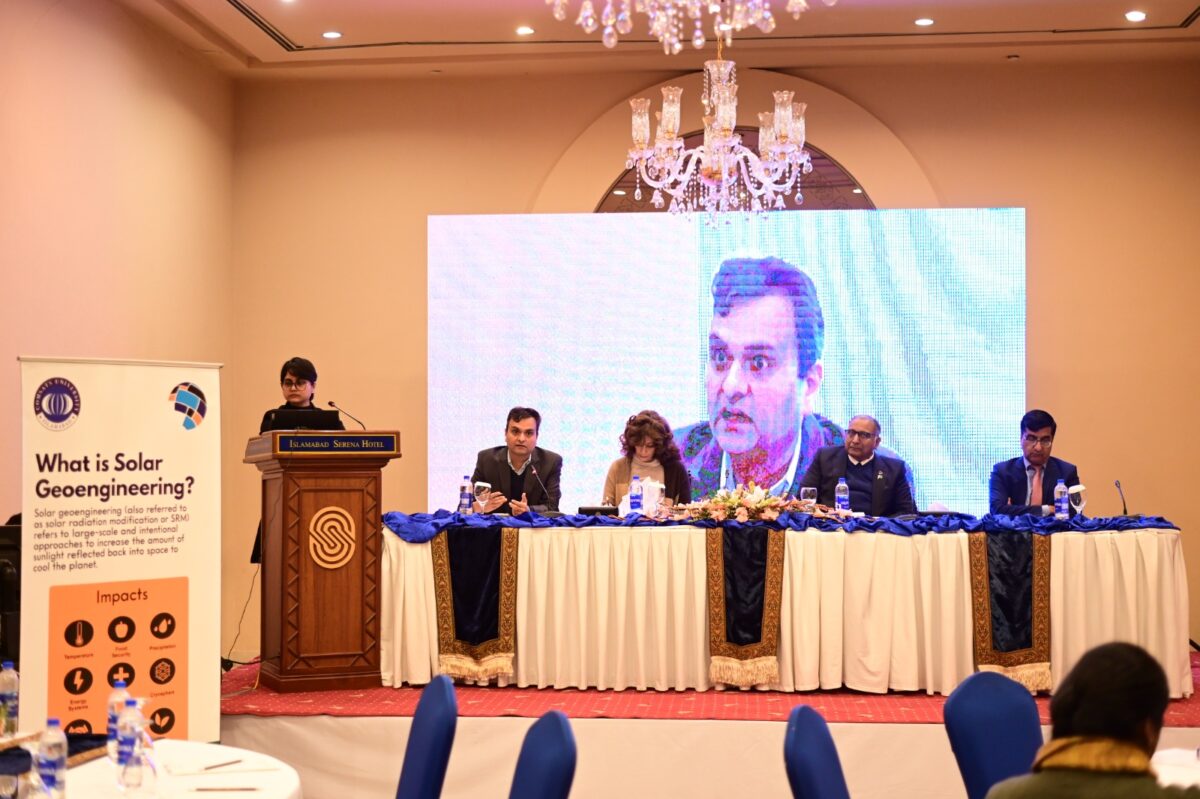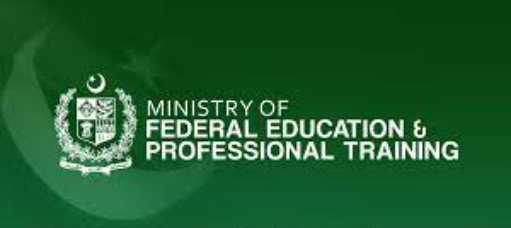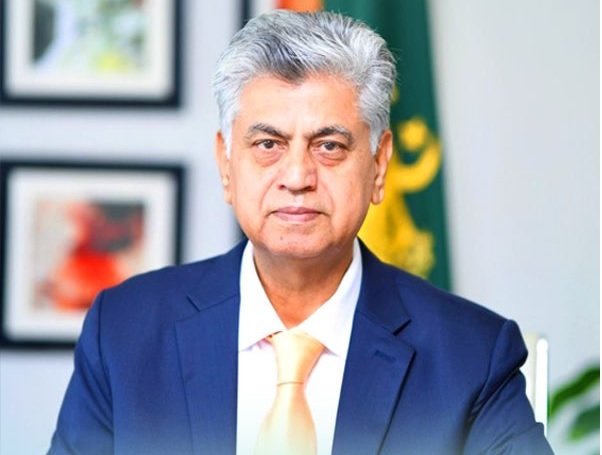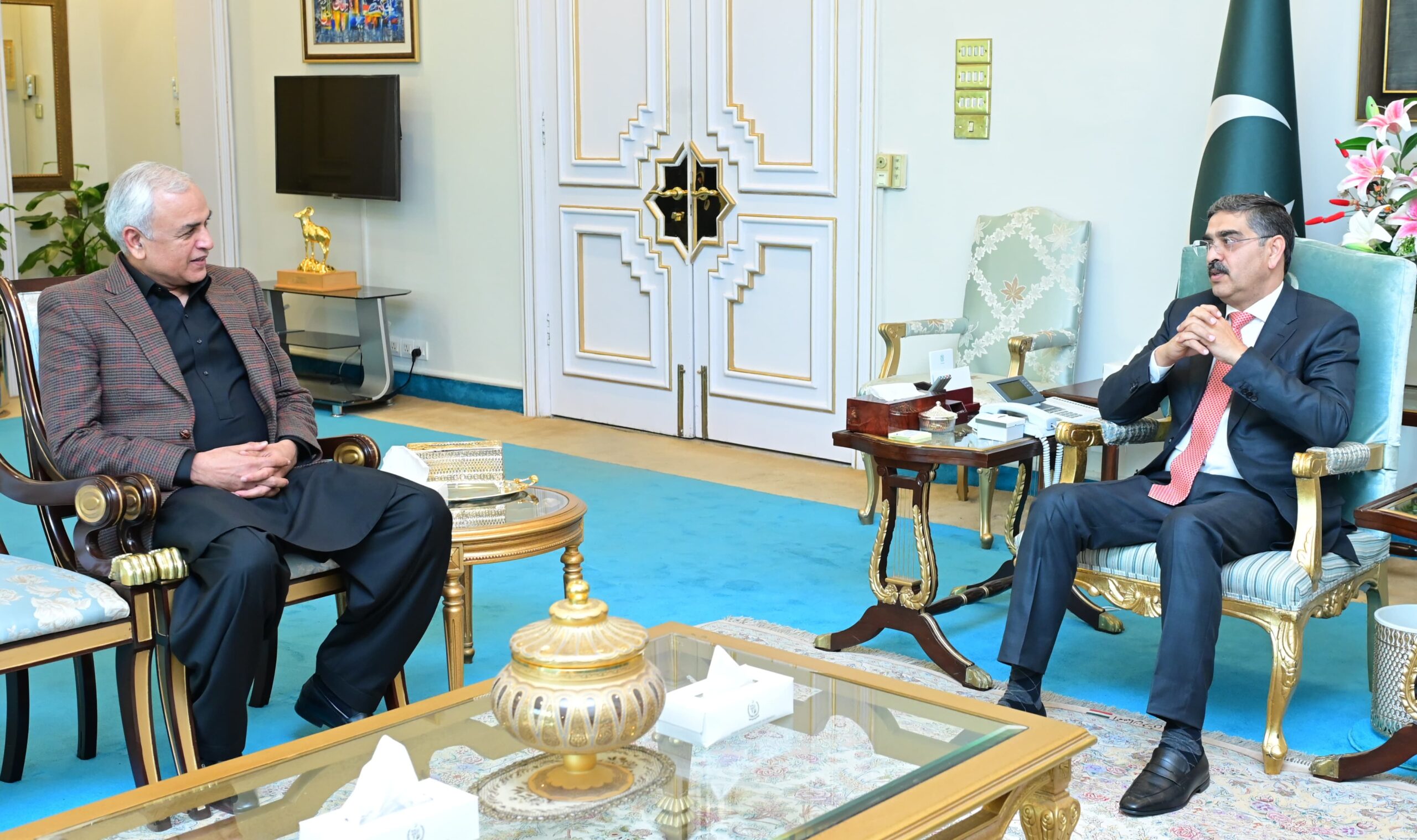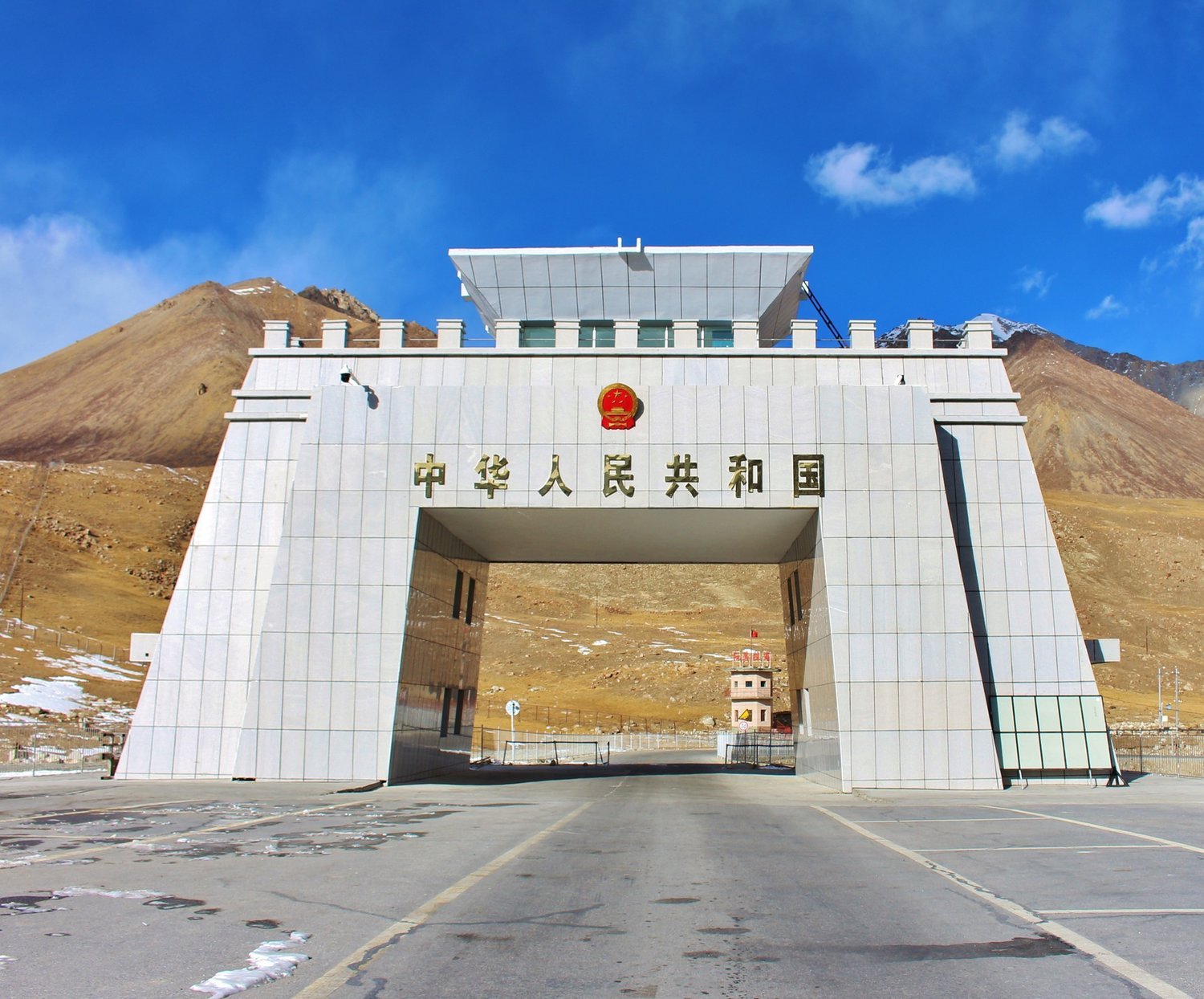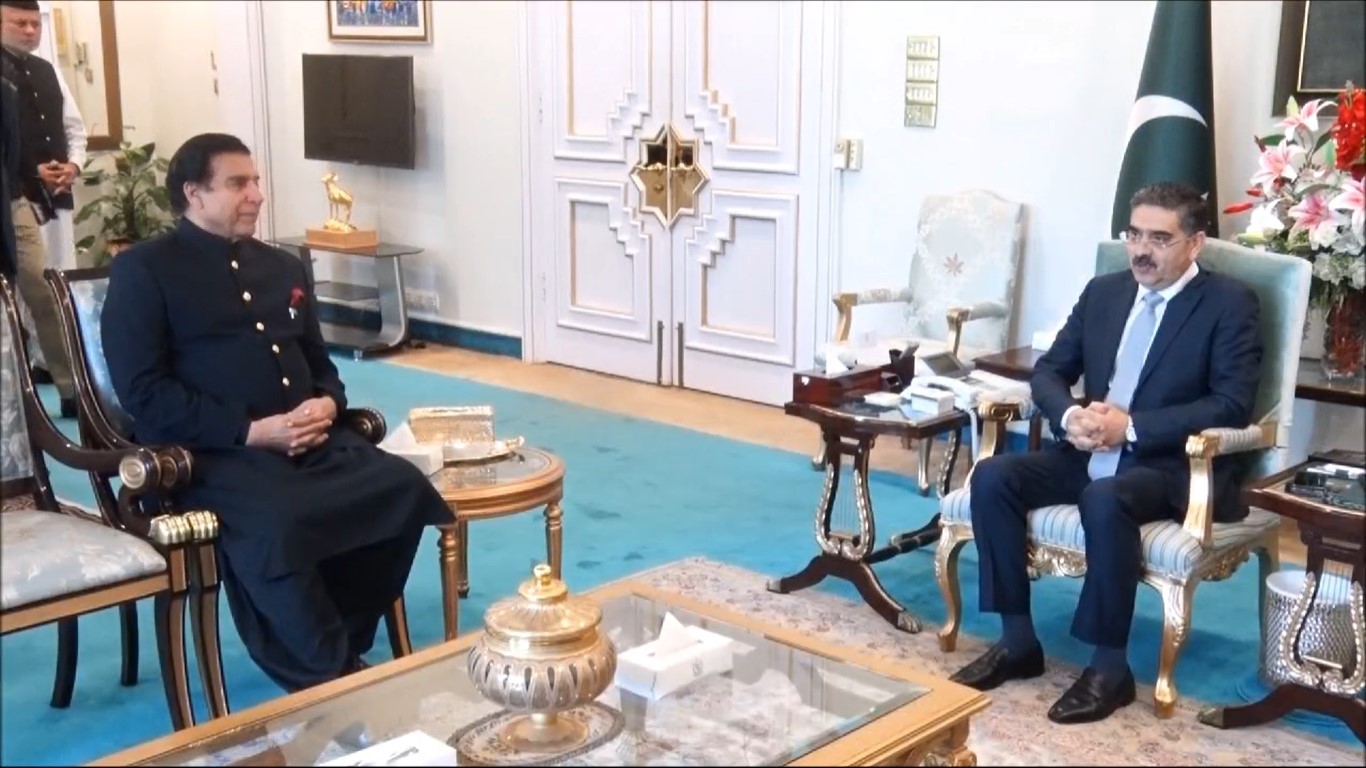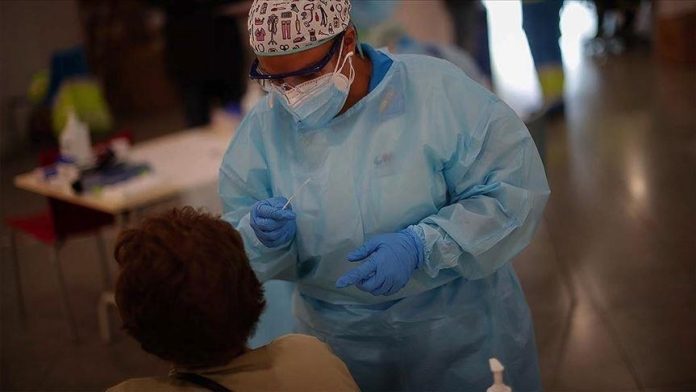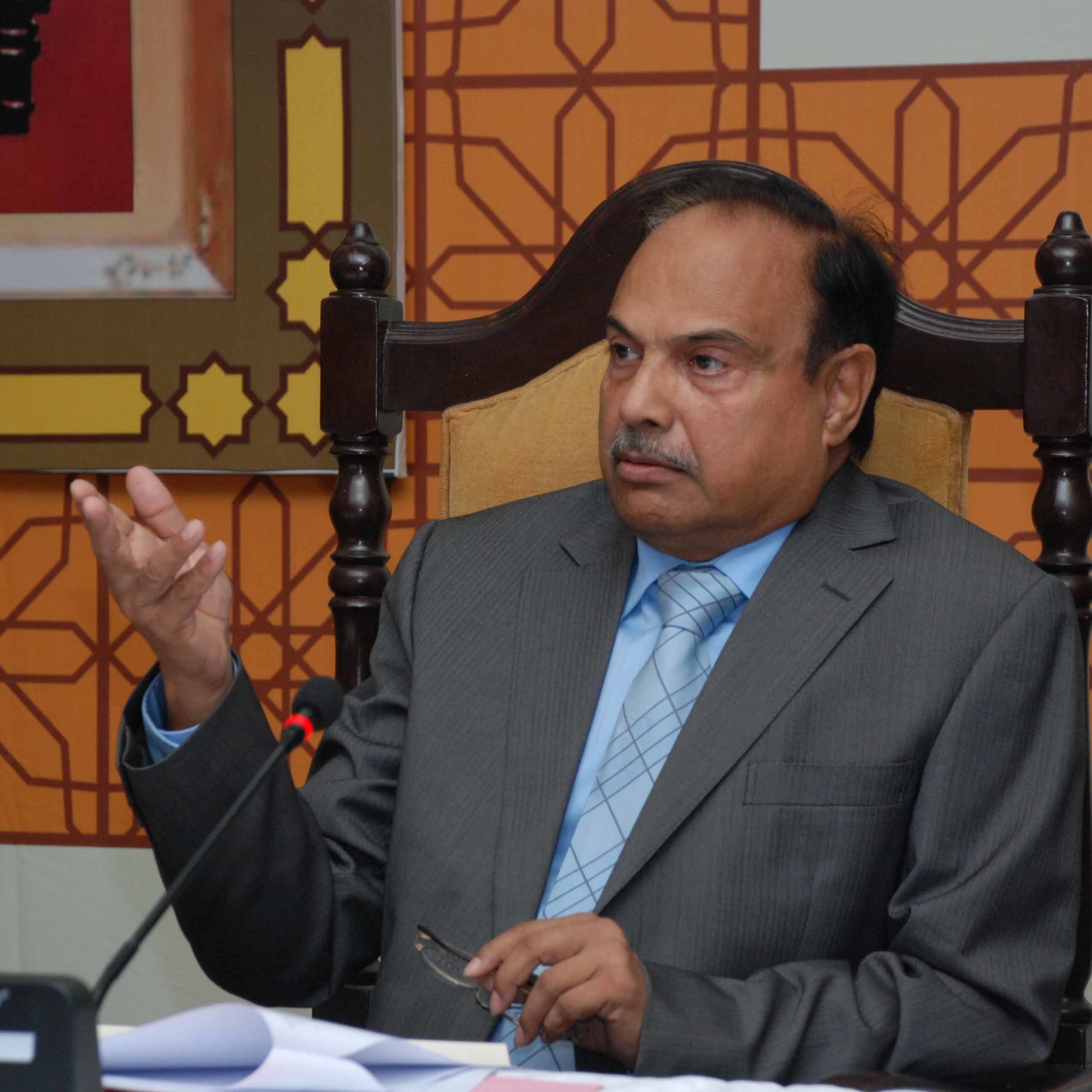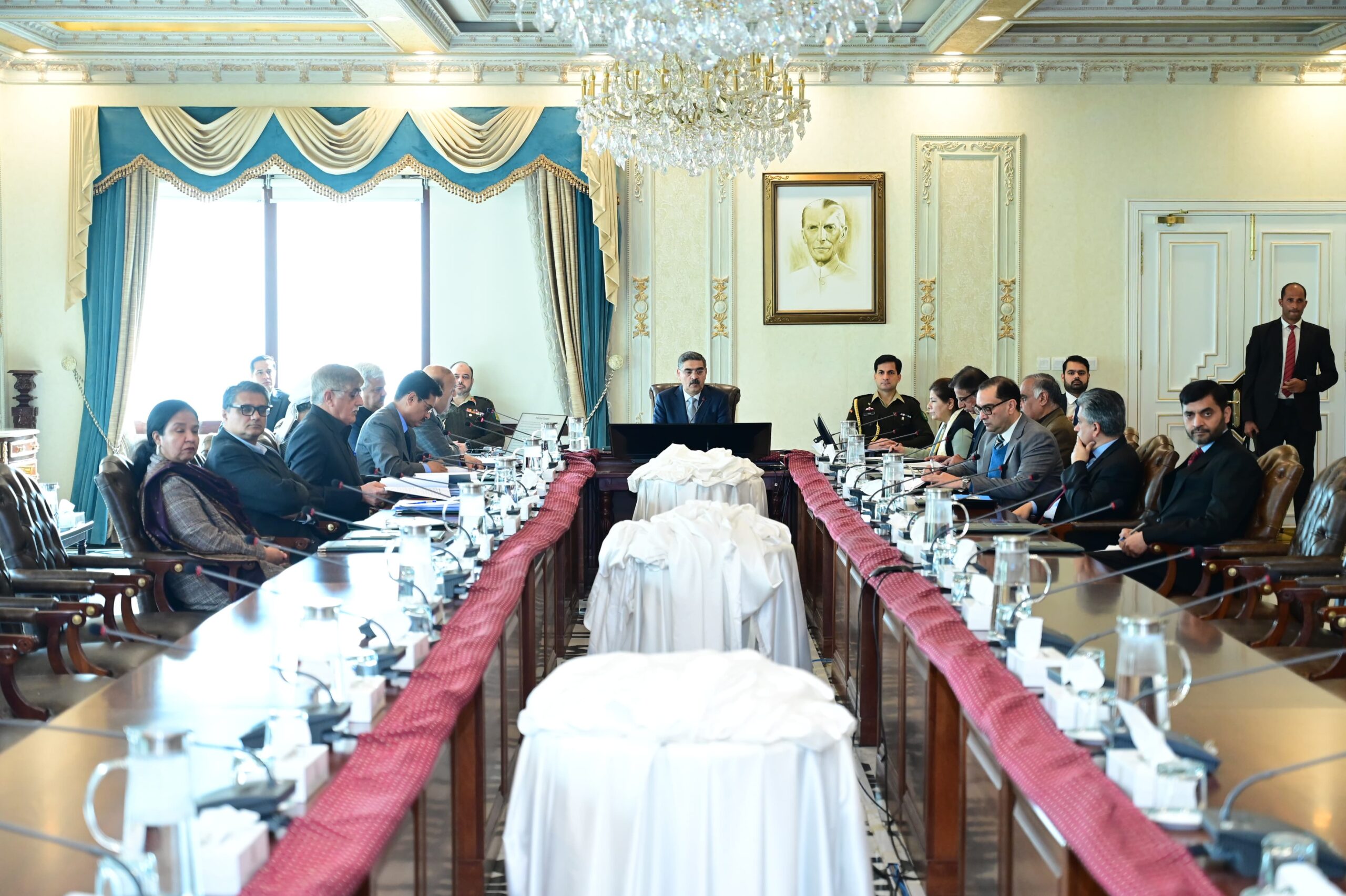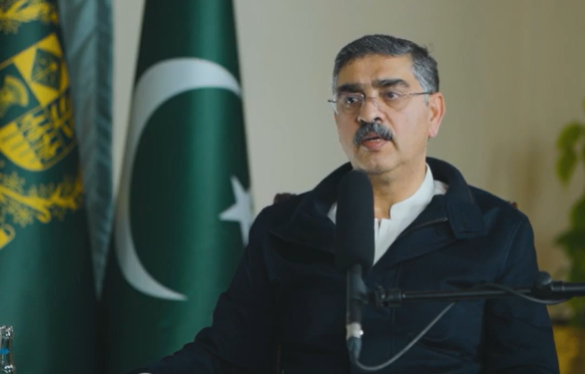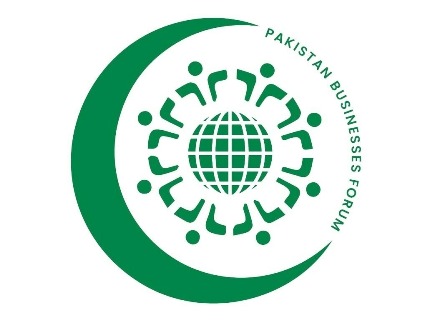ISLAMABAD, Jan 3 (APP): The experts at the commencement of the first-ever international training seminar on solar radiation management (SRM) demanded the country along with the member states of the Global South (developing countries) to come up with robust regulatory framework and capacity buildup to tackle the looming SRM regime to avert any hostile impacts of the emerging technology.
The COMSATS University Islamabad (CUI) and the Alliance for Just Deliberation on Solar Geoengineering (DSG) convened the first training seminar on the evolving science intended to bulwark rising global warming and climate change, titled “Living with Climate Change: Awareness and Training on SRM” under the aim to extend context of the new climate science and its governance challenge ahead among the policymakers, academia, civil society and media.
In his introductory remarks, the Head of the Centre for Climate Research and Development (CCRD), CUI, Prof Dr Athar Hussain briefed the participants about the urgency of the subject and its countering measures to enable the country with the most modern knowledge on SRM for better governance of the new technology.
In his opening remarks, Prof Dr Shamsul Qamar from CUI said that the SRM was developing science that was intricate and multifaceted in nature that could have serious implications on the developing countries facing the maximum burden of climate change.
However, it was incumbent upon the developing countries to explore solar engineering and develop their capacities related to the subject that would enable them to participate in the decision-making process to take place on solar engineering and its governance.
Director, World Wide Fund for Nature (WWF-Pakistan), Imran Saqib Khalid said the fossil fuel-based economy was the elephant in the room driving the climate crisis and global warming whereas its phase-out was the key to cut carbon emissions and limit rising global average temperatures causing climate catastrophes.
He demanded for inclusive participatory action of developing countries from the global south on SRM and its governance to ensure a win-win situation and circumvent unilateral actions on the subject.
CSCCC, Aisha Khan said there was very less information and knowledge in the civil society and academia circles of the developing countries on SRM whereas the whooping impacts of climate change were leading the world to take abrupt and panic decisions to countries its devastating impacts.
In this global milieu, she said it was necessary to ensure better preparedness, lessening of knowledge and capacity gaps to understand SRM and its governance for well-informed decision-making in this regard.
Executive Director, Carnegie Climate Governance Initiative (C2G), Janos Pasztor briefed the participants on the SRM potential and its possible outcomes, however, he emphasized the need of better collaboration and cooperation between the global north (developed world) and the global south (developing world) for addressing the emerging challenges due to SRM.
Meanwhile, Climate, environment and sustainability expert from DSG, Hassaan Sipra informed the participants that without good solar engineering governance there would be bad actors at large to play that can cause serious damage to the environment.
He noted that the real concern was the unilateral or by bloc deployment of SRM systems as one nation-state could unilaterally start deploying SRM solutions that could impact the other nations in different continents of the world who would be less capable to cope with it.
He also underlined that in 2023 US White House Research Plan failed to get any foreign participant in the initiative pertaining to the SEM and similarly, the 2023, EU Statement Under Climate Security Nexus that also did not have any private organisation involved from the Global South.
He emphasised that the global south must lead the solar geoengineering initiative as it was having more impacts of the climate change. The masses in the global south needs to have their position to take independent decisions on the matter, whereas the global north should transfer technology to the global south on the SRM simulation and lab experimentation as most of the technology was tested in labs or simulators, he added.
Executive Director, DSG, Shuchi Talati informed the participants about the overarching gaps of knowledge, participation and decision-making across the global north and south in the realm of social geoengineering.
She added that SRM governance needed public engagement and participation and inclusion for holistic and mutually beneficial deployment of the technology.
